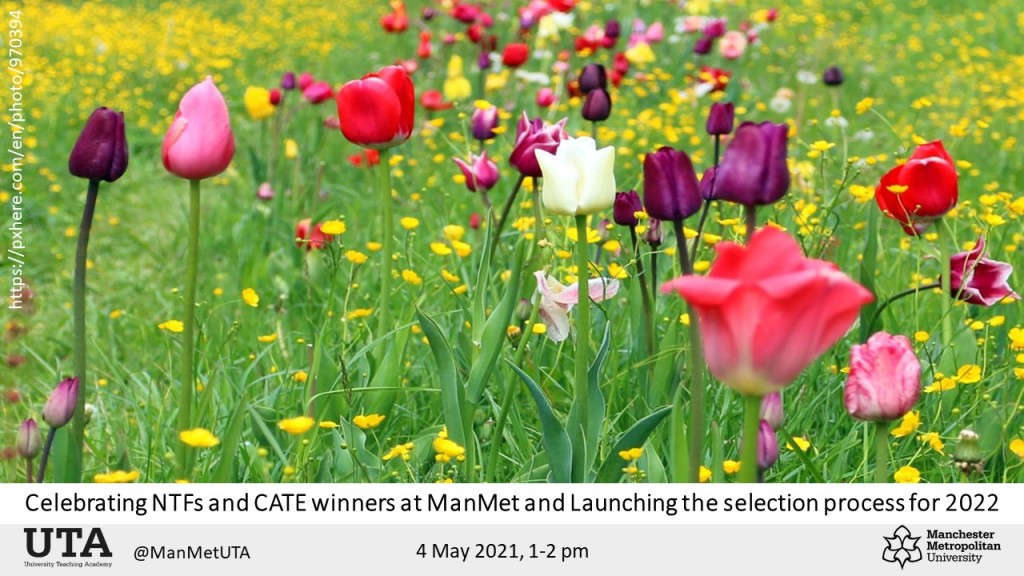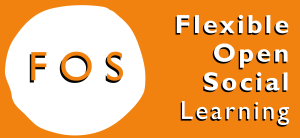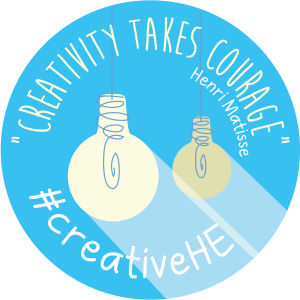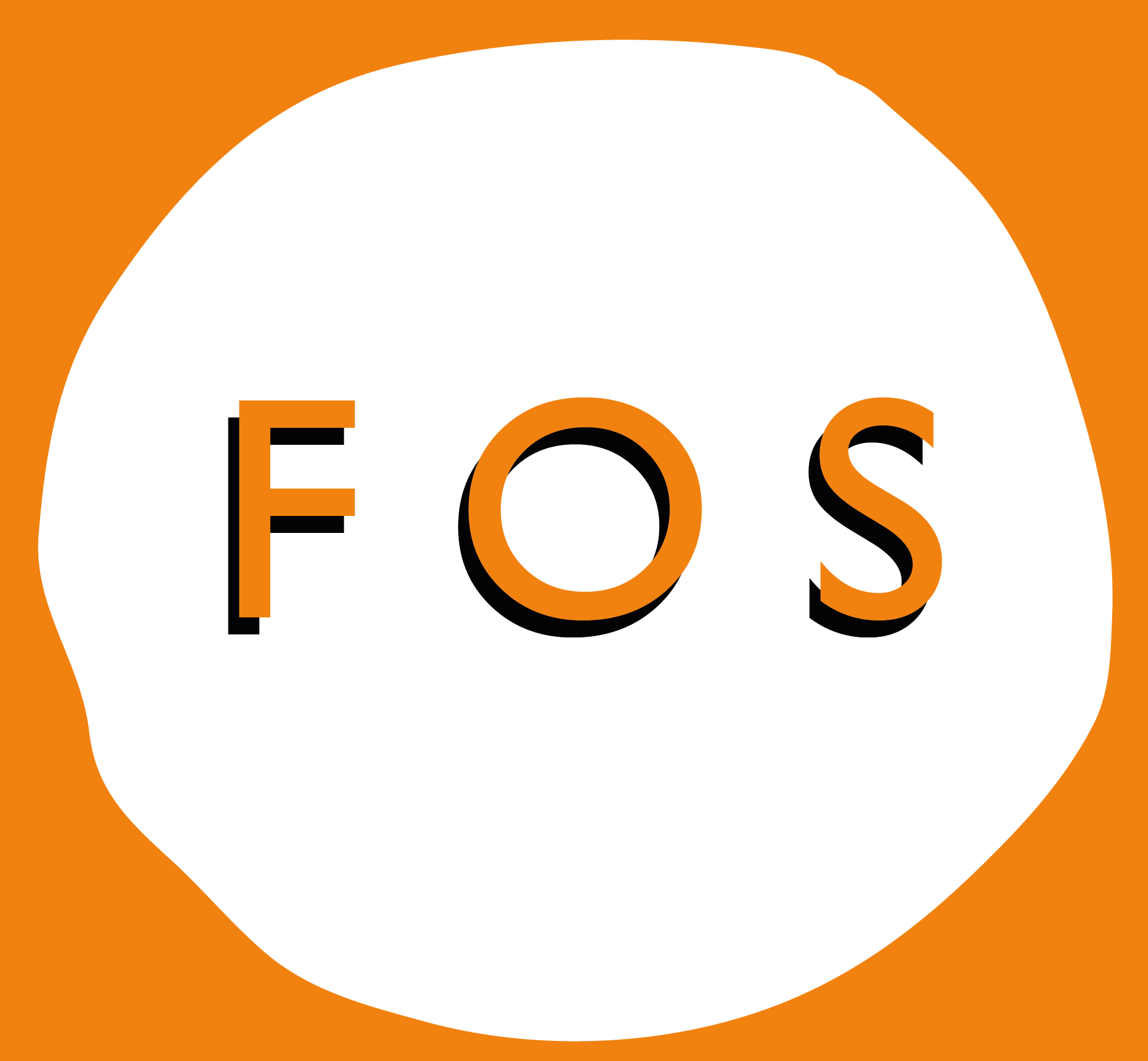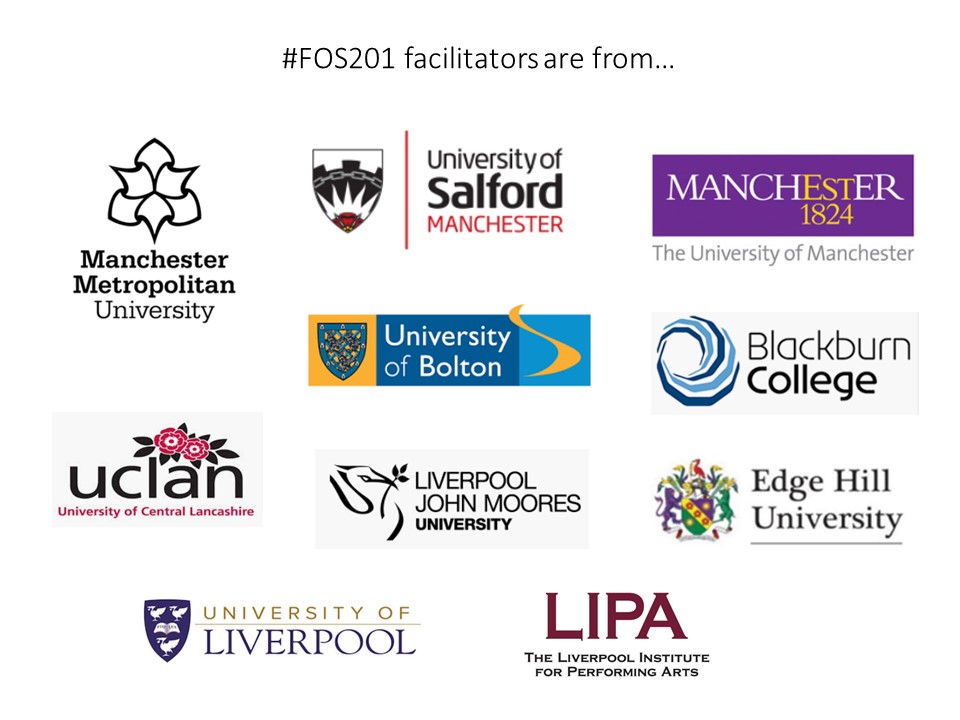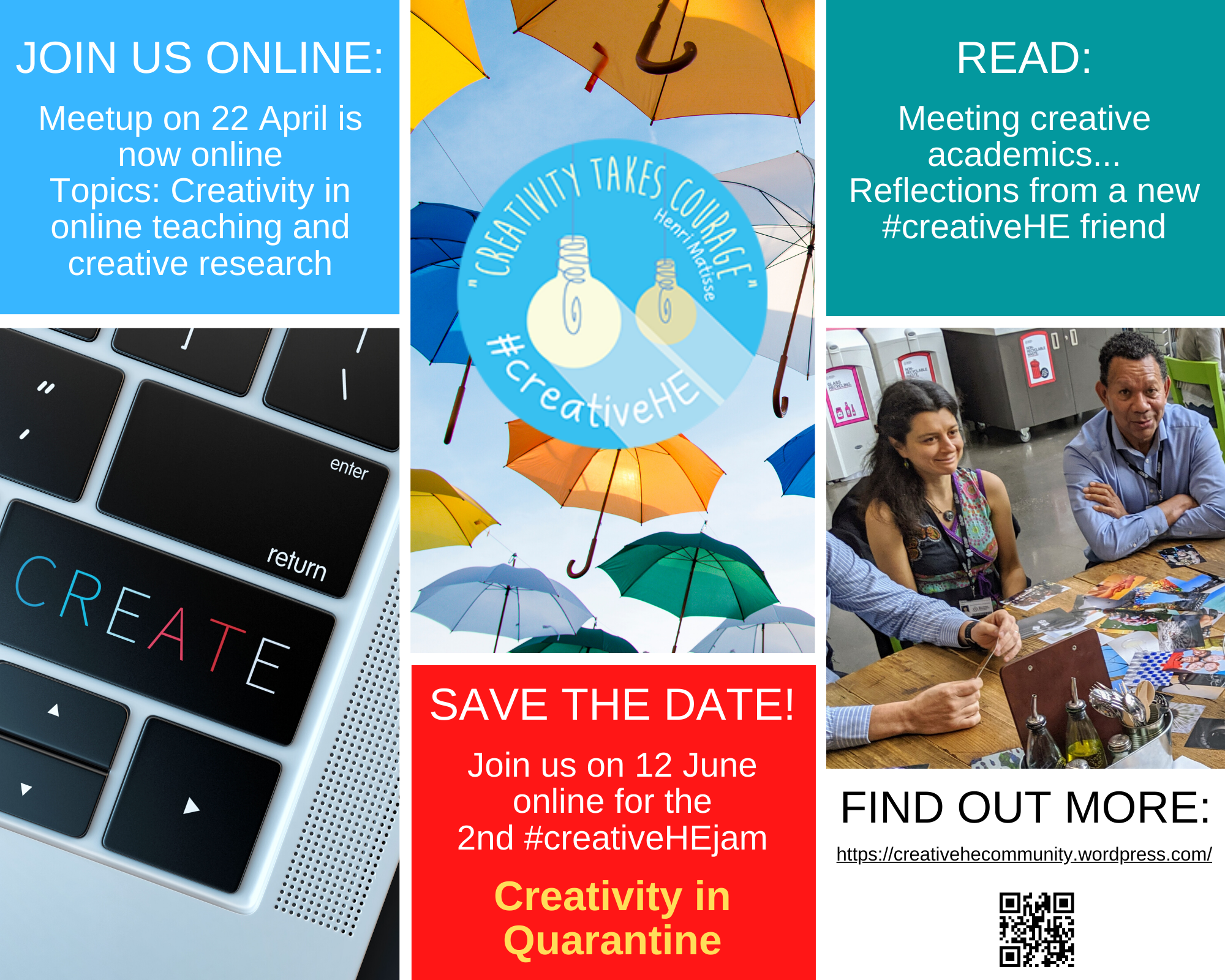This is a showcase event organised by the National Teaching Fellows (NTF) and Collaborative Award for Teaching Excellence (CATE) winners community at ManMet to welcome Prof. Christine Horrocks as interim PVC Education, to raise awareness of the schemes, share the work of our NTFs and CATE award winners, and launch the internal selection process for NTF/CATE for 2022.
Please register for this event via the intranet
About the awards
The National Teaching Fellowship (NTF) awards were introduced by the Higher Education Academy (now AdvanceHE) in 2000. It is a highly competitive scheme and a prestigious award recognised nationally and internationally. Up to 55 HE practitioners receive this award annually for their excellent contributions to learning and teaching in Higher Education from across the UK.
The Collaborative Award for Teaching Excellence (CATE) was introduced by the Higher Education Academy (now AdvanceHE) in 2016 to reward teaching excellence at team level with institution- or discipline-wide impact on the staff and/or student experience. It is a highly competitive scheme and a prestigious award. Each year about 15 teams are recognised nationally.
Advance HE expects institutions to ensure that their processes for selecting individuals and a team to nominate do not discriminate against individuals on the grounds of equality and diversity and are inclusive to the variety of ways in which staff and students contribute to learning and teaching, considering the full diversity of their staff and student body.
Individuals can be in any role that contributes to the enhancement of student outcomes and the teaching profession. Staff can be nominated at any stage of their career and may be employed on any type of contractual arrangement; for example, part-time, full-time, non-permanent (fixed-term) and covering teaching, research and/or learning support. Staff must be teaching and/or supporting student learning. Staff working at an overseas campus whilst contracted to Higher Education Providers in the UK are eligible to be nominated.
Those within the team can be in any role that contributes to the enhancement of teaching and learning. Colleagues working at an overseas campus, whilst contracted to HEPs in the UK, are eligible to be part of the team. Student members of the team are actively encouraged, and can be studying or in a representative role.
Please visit the UTA website for more information
We are looking forward to seeing you.
